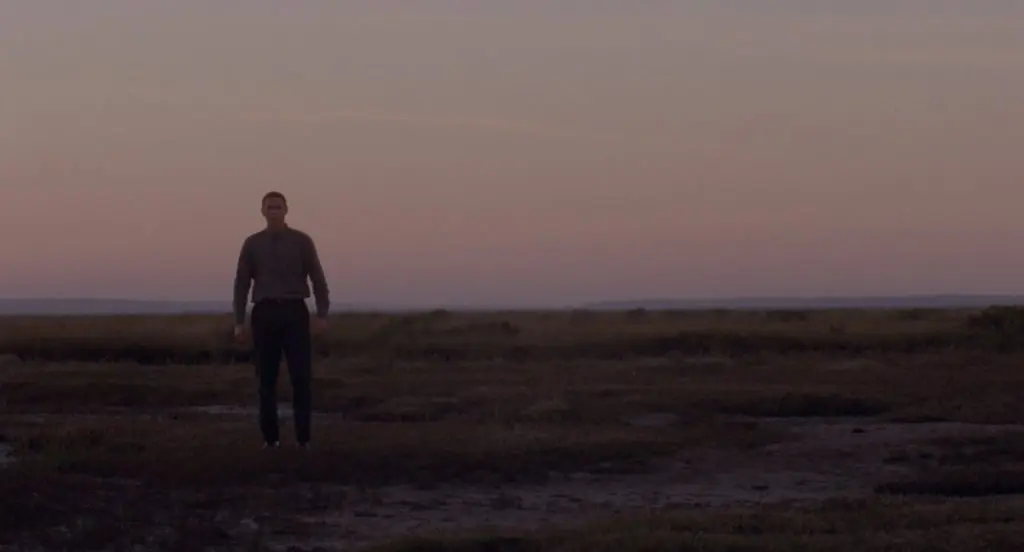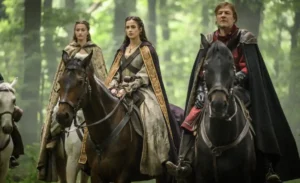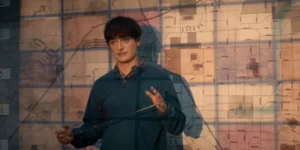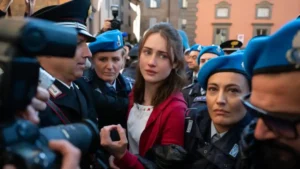Summary
Possum is a distinctly British and undeniably eerie exercise in folk-horror filmmaking, but the idea, ironically, doesn’t have feature-length legs.
Allow me to put all of my considerable critical faculties to use here and describe Possum thusly: If you’re scared of spiders, this film will fuck you up. And even if you’re not, it’s so full of unpleasant imagery and uncomfortably grim details that it’ll likely linger longer than you’d like; one of those stubborn itches that returns even after you’ve scratched it, until the skin underneath gets raw and angry.
Possum is writer-director Matthew Holness’ debut feature, and evokes the banal bleakness of a squalid East Anglian childhood. Sean Harris plays Phillip, a bizarre puppeteer who returns to his dilapidated hometown, shuffling through the vaguely post-apocalyptic provincial landscape with the titular marionette kicking impatiently within a tatty leather holdall. Harris’s uniquely unsettling face and defeated slouch are perfect for a man who has been cowed by some unspecified trauma, and the locals, perhaps unsurprisingly, suspect him of being a nonce.
Perhaps the locals have a point, as shortly after Phillip returns to gloomy fenland, they start to go missing. His dirty and detestable Uncle Maurice (Alun Armstrong) suspects him, but Phillip suspects Possum: the head of a baby doll sewn onto the spindly legs of a spider that might be alive, but might just as easily be a figment of Phillip’s tattered imagination.
The film is hallucinatory and haunting, but also so cyclical that it feels like an idea for a short film awkwardly extended to feature-length through repetition. Repeatedly Phillip lugs Possum from his cheerless childhood home to various disused East Anglian locations, all deserted and derelict, where he tries to abandon it or beat it or burn it. And repeatedly it returns. The creature is a notably grim invention, and scarier for its homemade quality, but like any nightmare fuel it can’t sustain a journey forever. Possum is far from a long film, but it feels like one, and yet curiously by the end, after a sharper, more human twist, it still seems unfinished.




